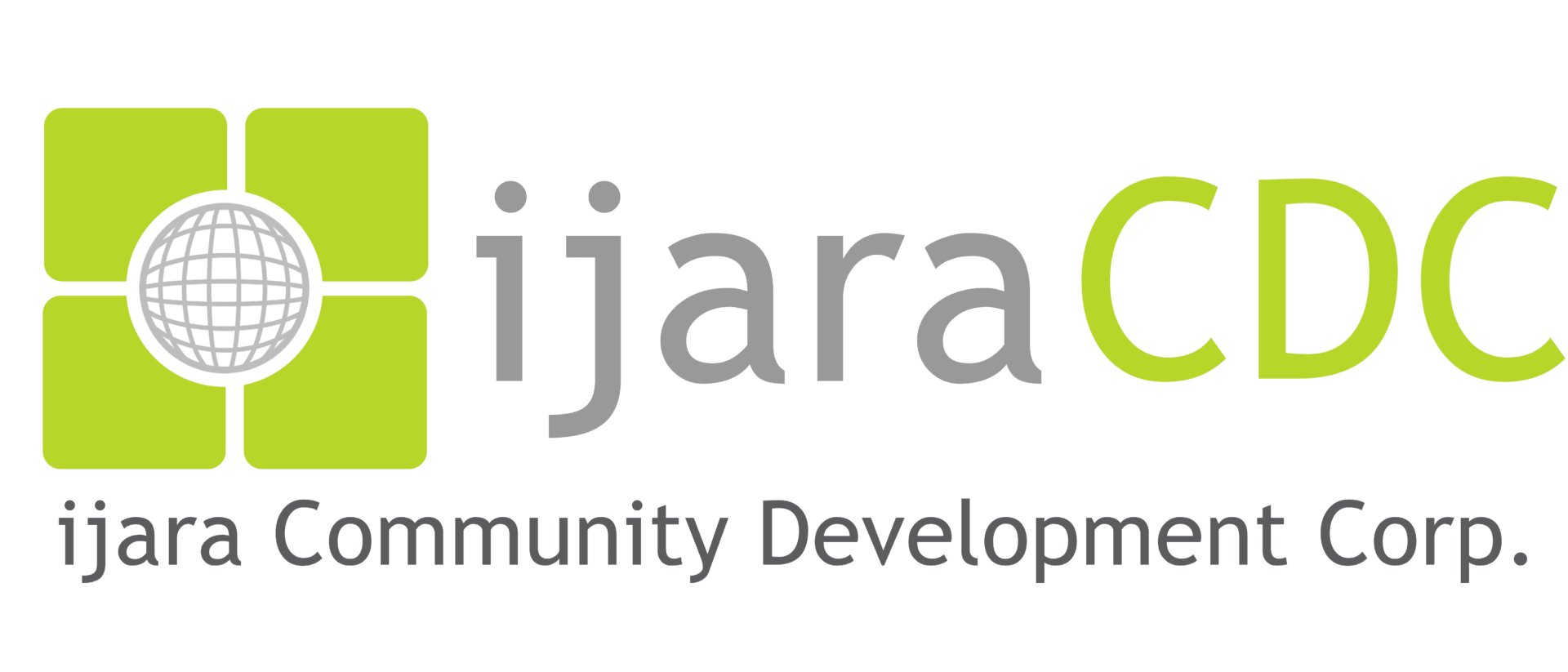Islamic Mortgage vs. Conventional Mortgage: What’s the Difference?

We should look for ways to make the most out of our hard-earned dollars, especially for mortgage payments in today’s society. While most go with the usual types, Muslims should consider if the process falls under Islamic mortgage vs. conventional mortgage. You don’t want to go against your faith just to get a home, right?
This article will look at Islamic mortgages and how they differ vs. conventional mortgage. We’ll also consider if taking a halal home loan is what would work for you.
What Is Islamic Mortgage Anyway?

Let’s settle the biggest question first: what even is Islamic Financing?
Basically, Islamic financing is any economic transaction that abides by Islamic guidelines. Also called Sharia law, this is the code for living that all Muslims should adhere to. It aims to help Muslims understand how they should lead every aspect of their lives according to God’s wishes.
Muslims are forbidden to receive and pay Riba, which is translated means interest. Teachings frown upon interest for several reasons, one of which is that the concept of interest exploits the poor.
Charity is one tenant of Islam, right? So this practice applies to lending money as well.
When a person is wealthy enough to lend money to someone in need, they should not profit from that person. And with interest seen as greed (a big no-no in Islam), knowingly accepting interest goes against these teachings.
Islamic mortgage is a way to buy a home while following strict adherence to Islamic principles of not participating in interest.
How Islamic Mortgage vs. Conventional Mortgage Is Different

Aside from interests, here are some comparisons between the two mortgage options:
Halal vs. Haram
I know that “halal” usually relates more to your food. Who knew it works with transactions as well?
In a nutshell, something is considered “halal” when it follows the basic tenants of the Islamic faith, be it food, clothing, or transactions. Islamic mortgage lets you get financing without the need to pay for using money (interest or riba). Rather, you’re paying for an asset, giving it the “halal” seal of approval.
On the other hand, your oh-so-familiar housing loans require you to pay for using money, also known as interest. As the lender earns a profit for the transaction, something that’s a big no-no in Sharia law, it’s stamped as “haram” or forbidden for practicing Muslims.
Paying for the Loan vs. Paying for the Property
Another thing that separates a halal home loan from the typical ones we know is what you’re paying for. While one makes you pay for the money you borrowed, the other lets you pay for the property.
Lost you there, didn’t I? Let me explain
You’re paying for using the money they lent you in a conventional mortgage, which is basically riba. The interest paid to the lender is their profit for the loan, which could increase with late fees and additional charges.
Thankfully, this is not the case for halal home loans. Under Islamic financing standards, you’re basically on a “rent-to-own” setup, where you’re slowly paying off your home. A part of each rent payment goes to the house ownership itself instead of paying the lender for using their money. So you will be paying for staying in the property instead of the money used to get the home.
Competitive Prices
Prices were relatively high in the early years of Islamic home financing in North America. Over the years, however, the idea that halal loans may cost more than conventional loans has drastically changed.
Today, halal home loans are evenly priced, with market rates like traditional financing options. You can even check the rates with our Ijara calculator to determine how much the monthly payments will be.
Should I go with Islamic Mortgage vs. Conventional Mortgage?

Going with an Islamic mortgage plan is the better choice for Muslims and other faiths that don’t believe in repaying loans with interest. It leads you to interest-free mortgage payments, but it also helps you be Sharia-compliant. And nothing gives a practicing Muslim better peace of mind than knowing they’re following their faith while living in their new home.
Ijara is a non-profit organization that helps individuals achieve their dream home in a Riba-free and Sharia-compliant way. With experts in the field ready to deliver exceptional assistance from pre-qualification to closure, you’re guaranteed a seamless home acquisition process.
Talk to our specialist today to start paying for your home through an Islamic mortgage.

